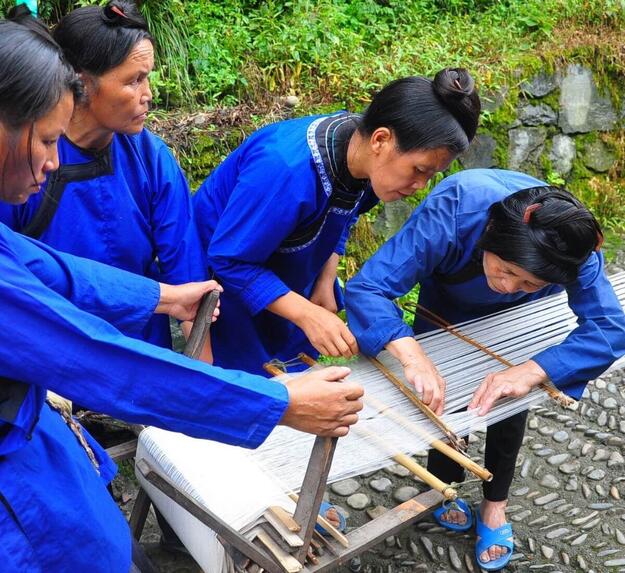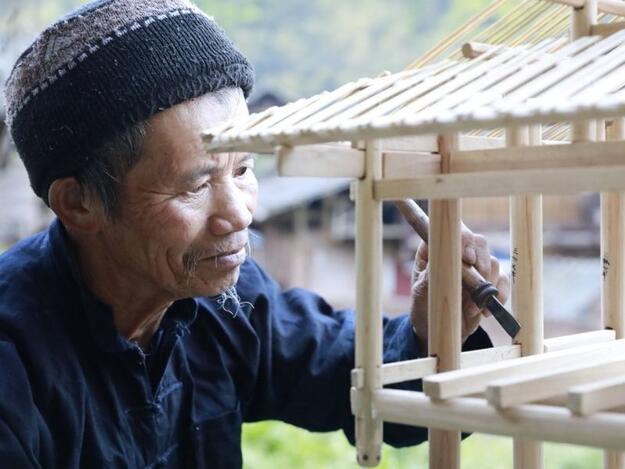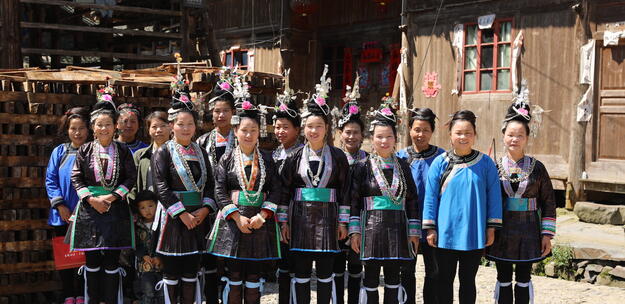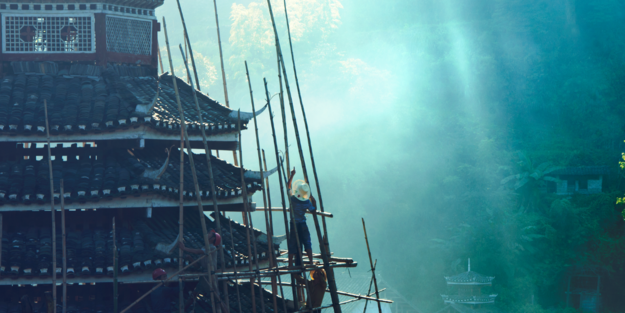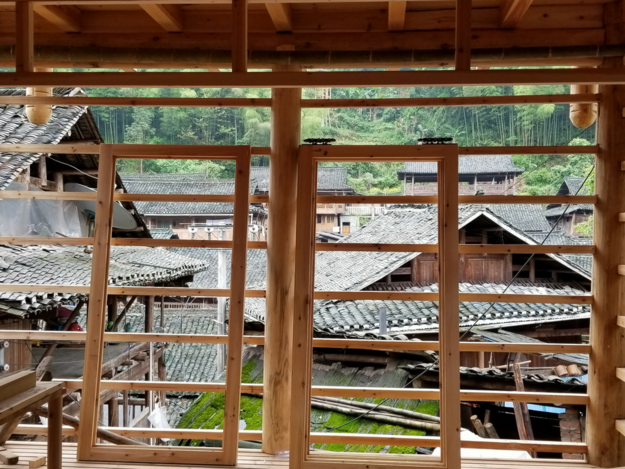Dali Dong Village
Site History and Significance
A Remarkably Preserved Traditional Village
Ethnic minority communities like the Dong have made their home in the low river valleys and steep terraced mountainsides of China’s Guizhou province for over 1,000 years. The farming village of Dali, primarily home to members of the Dong people, is a remarkably well-preserved example of a rural cultural landscape consisting of traditional vernacular architecture, particularly its pagoda-like wooden drum tower and so-called “rain and wind” bridges, terraced rice field, and rich intangible heritage.
But a lack of economic opportunities has in recent years spurred young people to leave their ancestral home in search of work in the cities. Without new generations to maintain Dali’s wooden buildings and keep the knowledge needed to construct them alive, the village’s heritage faces an uncertain future.
Our Involvement
A Global Heritage Fund (GHF) Legacy Project
Beginning in 2012, the heritage preservation nonprofit GHF worked alongside provincial and local governments, academic institutions, and local NGOs such as the China Social Entrepreneur Foundation (You-Cheng) to promote Dali’s community and economic development through heritage preservation. After documenting the village’s historic buildings, GHF drafted and aided in the implementation of a conservation master plan. Another key element of the project was the maintenance of local textile traditions via the creation of a women’s traditional textile cooperative, an effort that combines cultural preservation and economic activity.
In 2023, following the strategic affiliation between GHF and World Monuments Fund (WMF), WMF took on Dali as part of its project portfolio and is continuing work at the site. The project aims to create a successful model of sustainability and heritage through continuing to support the textile cooperative as it strives to reach 100% economic sustainability, establishing an intepretation center and traditional craft showroom, and creating training courses on traditional textile crafts.

